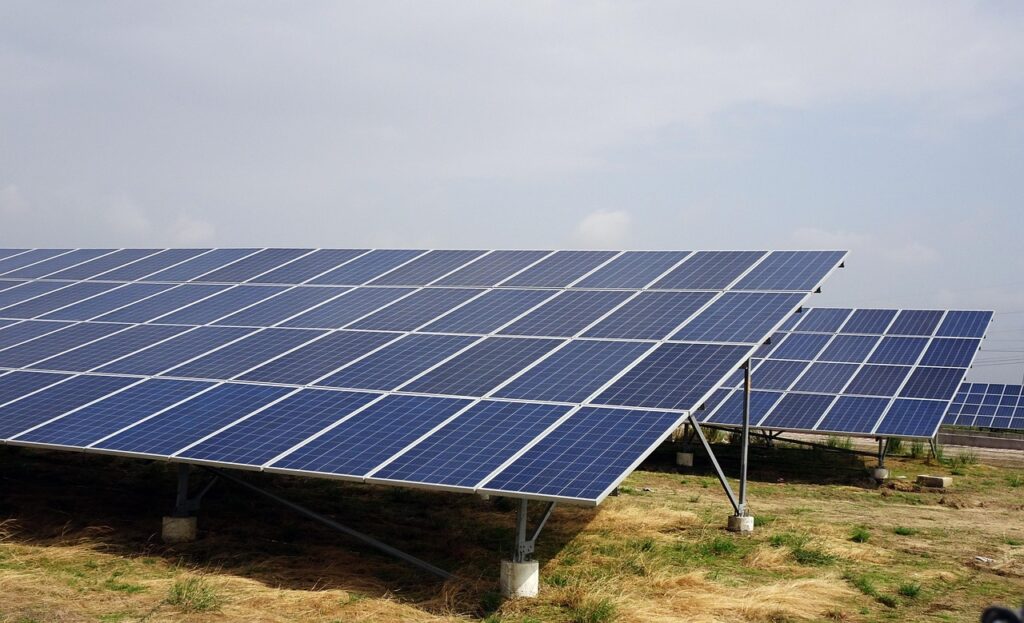
Africa is one of the sunniest continents in the world but over 600 million Africans still live without access to reliable electricity. Rapid population growth, urbanization, and industrial development are driving up energy demand, while many communities remain far from existing grids. To meet this challenge, solar energy offers flexible solutions in three main forms: on-grid, off-grid and hybrid solar systems. Each plays a unique role in shaping Africa’s energy future.
On-Grid Solar System
On-grid (or grid-tied) solar systems are connected directly to a national electricity grid. They are widely used in urban centers and large-scale solar projects, such as solar farms or commercial rooftop installations.
Advantages of On-Grid Solar systems in Africa:
Provides large amounts of clean power to cities and industries.
Reduces dependence on fossil fuels.
Allows surplus solar power to be exported to the grid (where net metering or feed-in tariffs exist).
Off-Grid Solar System
Off-Grid Solar: Empowering Remote Communities
Off-grid systems are independent power solutions not connected to the national grid. They range from small solar home kits that power lights and phones, to larger mini-grids that supply entire villages. Standalone systems and mini-grids are flexible, fast to deploy, and ideal for rural and remote communities where grid expansion is slow or costly.
Advantages of Off-Grid Solar in Africa
- Brings electricity to rural and remote areas faster than waiting for grid expansion.
- Affordable payment models (like Pay-As-You-Go) make solar accessible to low-income households.
- Powers schools, clinics, water pumps, and businesses in underserved regions.
Hybrid Solar System
Hybrid solar systems combine solar + batteries + grid or backup generators. They ensure uninterrupted power supply by switching between energy sources.
Advantages of Hybrid Solar in Africa:
- Reliable electricity even during grid blackouts.
- Reduces diesel generator use and costs.
- Ideal for businesses, hospitals and households that need 24/7 power.
Together, these models can create a resilient, inclusive, and low-carbon energy landscape. By leveraging abundant sunshine and innovative financing models, Africa can transition into a renewable-powered future — one that lights up cities, empowers villages, and drives sustainable growth.
